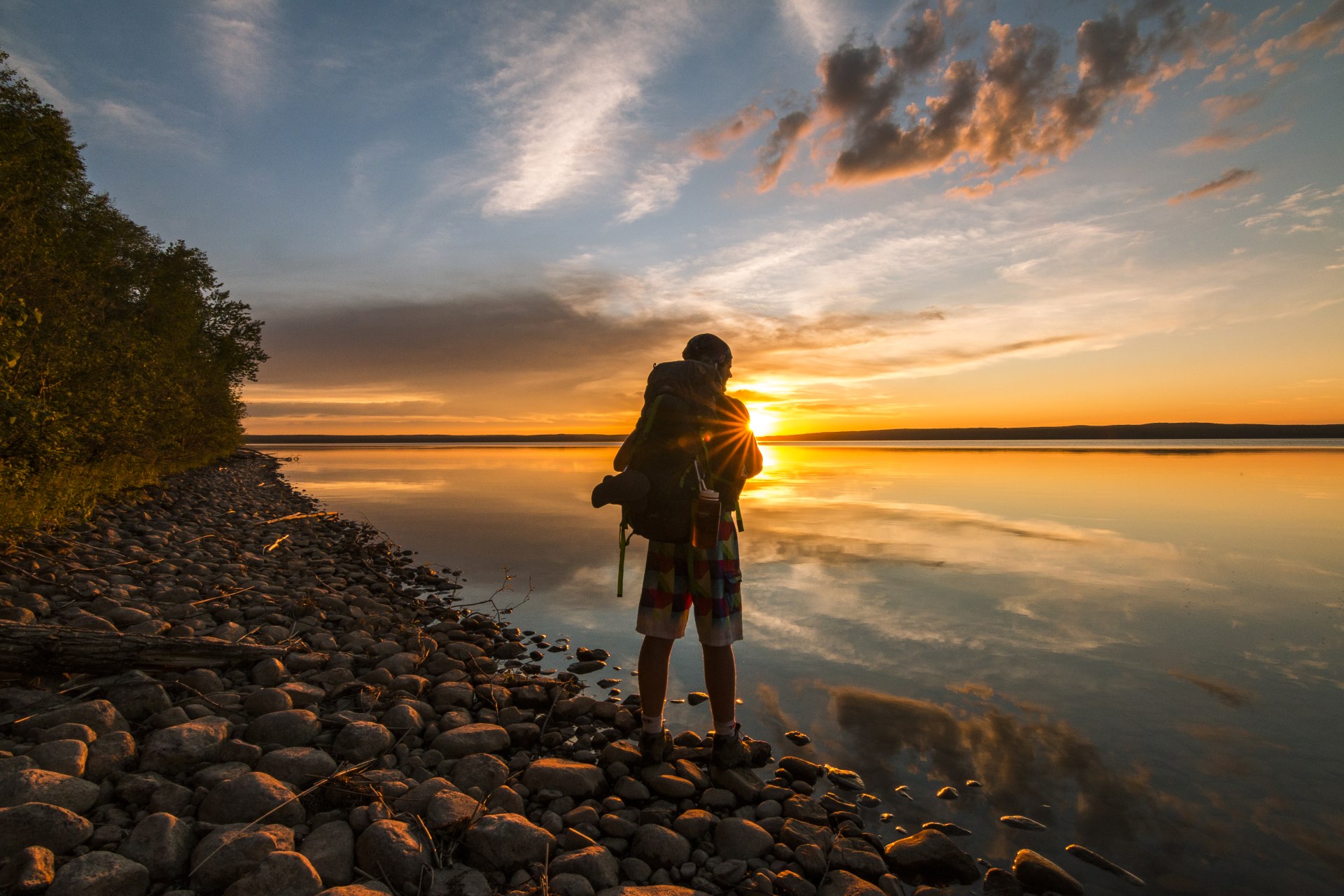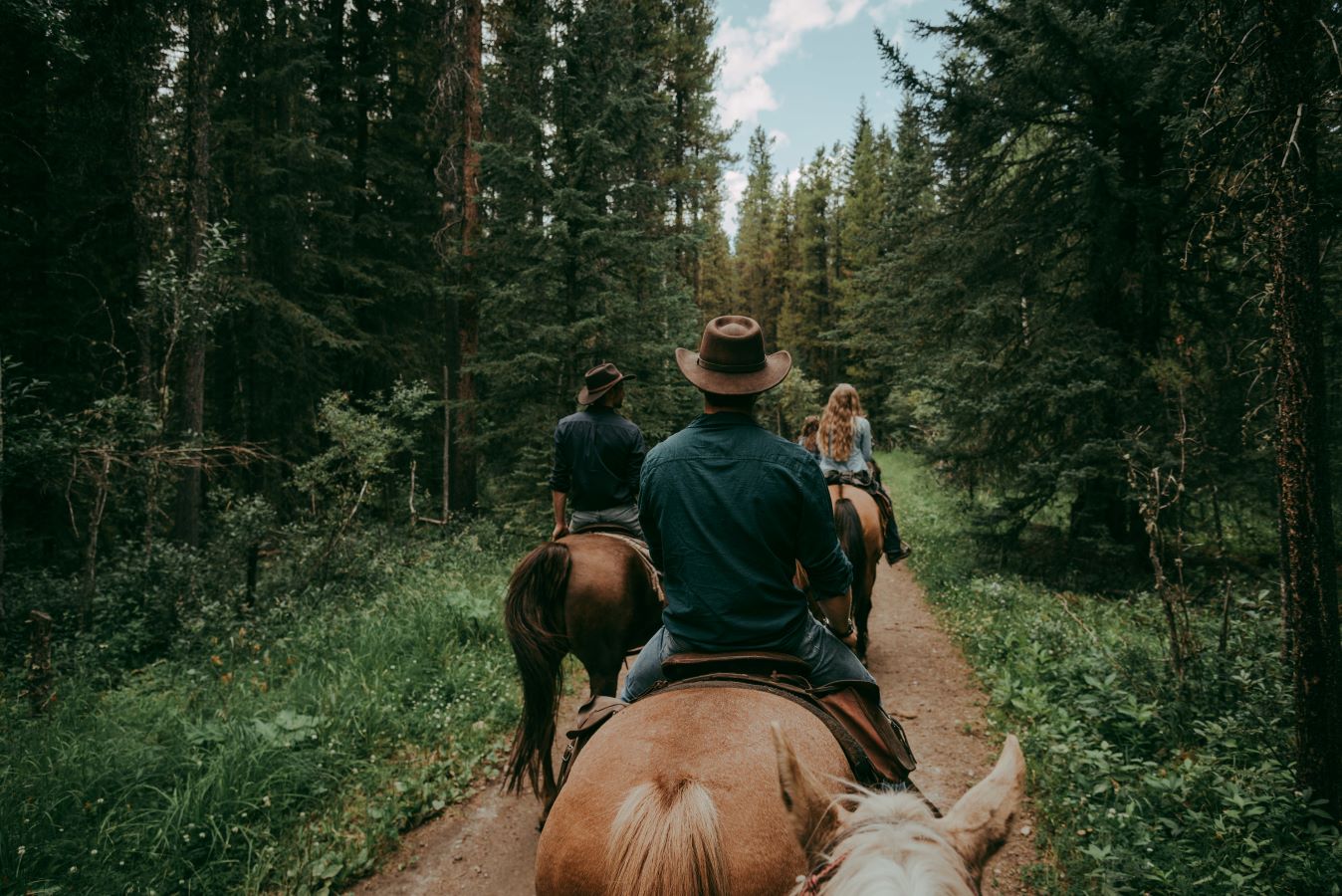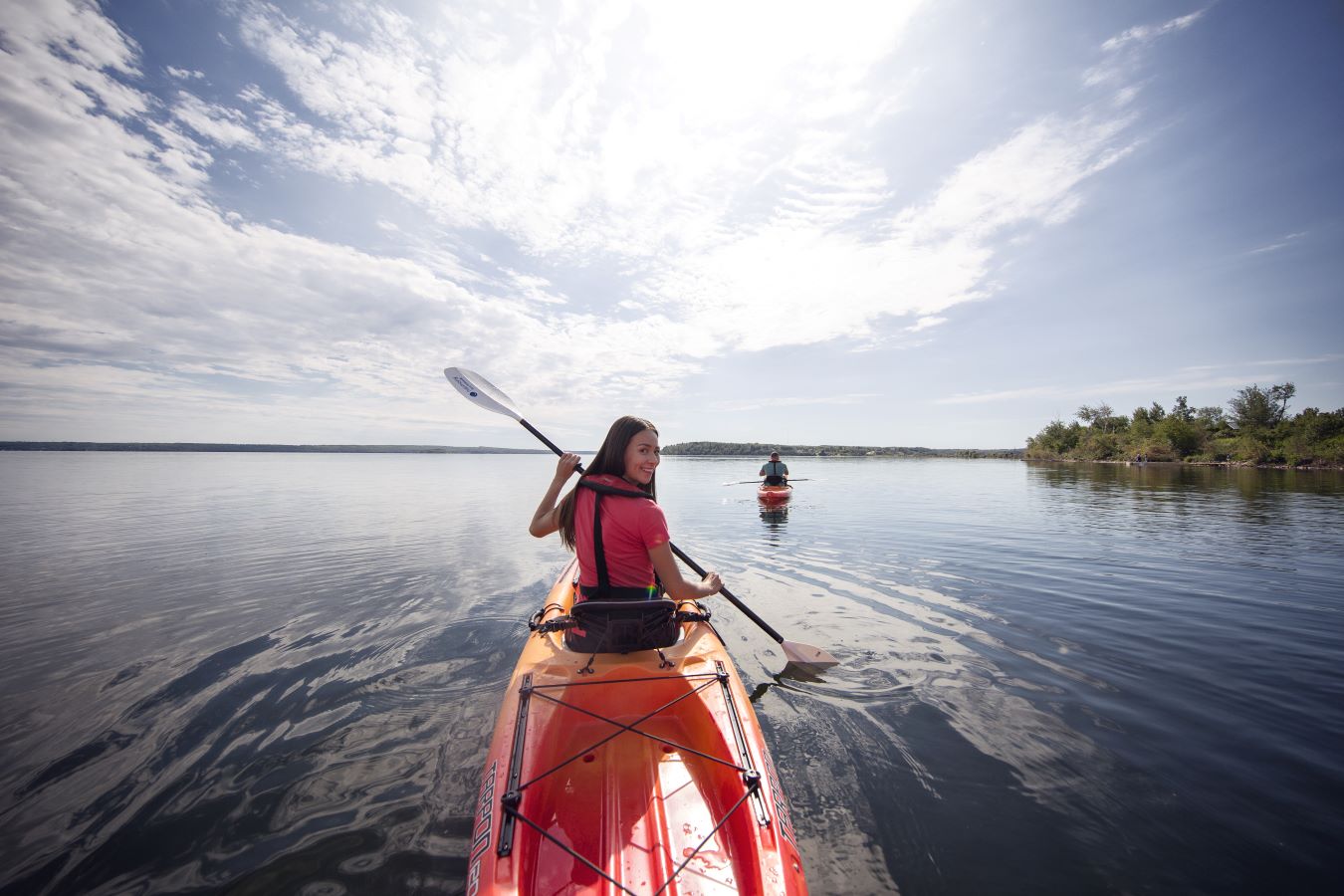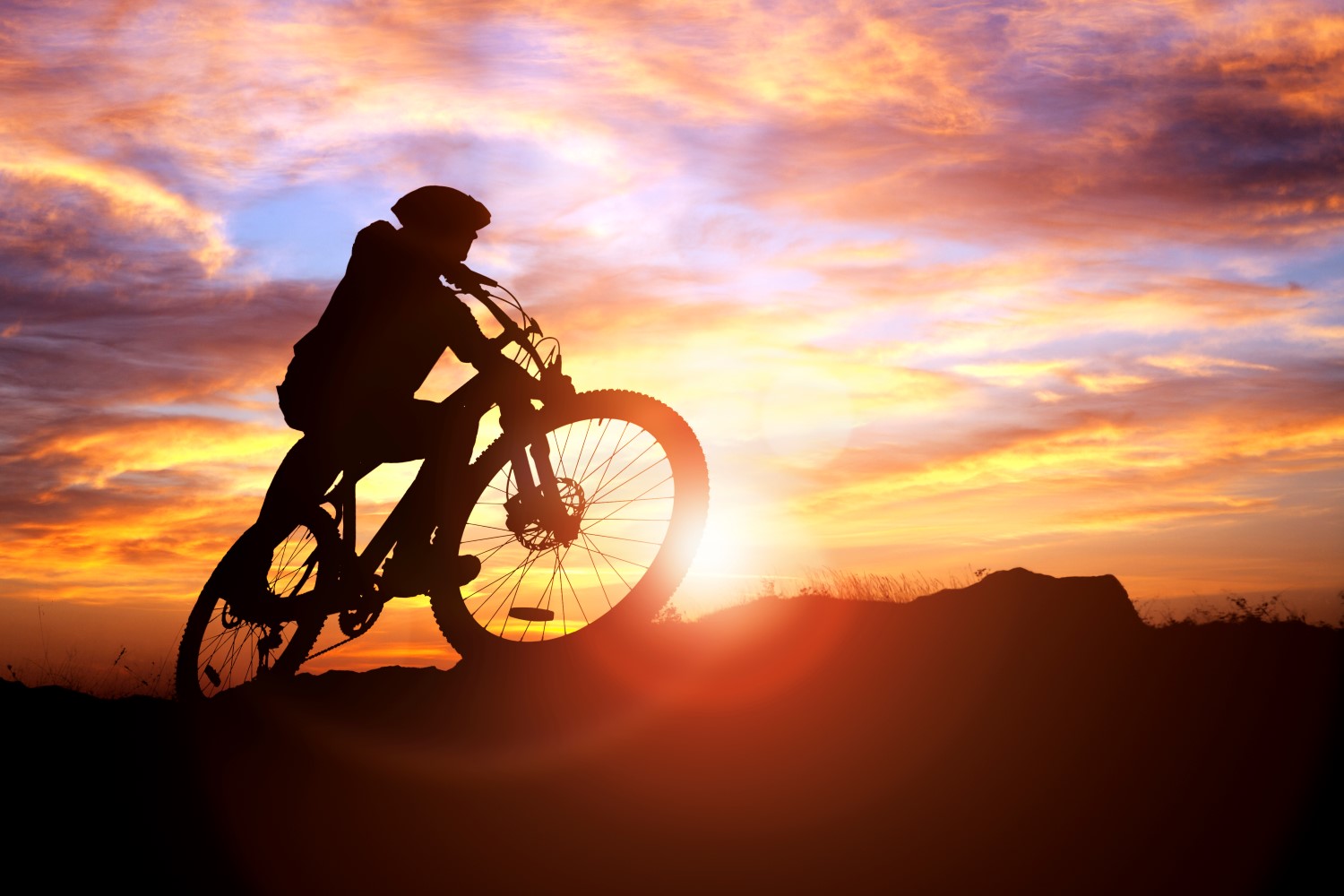Accessible Backcountry

Accessible Backcountry Adventures in the Lakeland:
The True Outdoor Enthusiast's Paradise
The Lakeland region in Alberta offers a unique opportunity for outdoor enthusiasts seeking accessible and Authentic Alberta backcountry experiences. While the mountain parks of Alberta are undoubtedly stunning, they often present challenges in terms of accessibility and ease of exploration. In contrast, the Lakeland region boasts a diverse range of regions, terrain, roads, river access, and trails like the Iron Horse Trail, making it the ideal destination for those looking to immerse themselves in the wonders of Alberta's backcountry. This article will explore the unique features of the Lakeland area that make it an outdoor enthusiast's paradise, with a focus on accessibility and authentic wilderness experiences.
The Lakeland Region – An Overview
The Lakeland region, situated in northeastern Alberta, boasts a Boreal Forest Region, The Victoria Trail Region and the Parkland region, a unique region found only oil north America. The regions are characterized by a diverse landscape that includes lakes, rivers, forests, and wetlands. This varied terrain offers a multitude of recreational opportunities, such as hiking, canoeing, fishing, and wildlife watching, allowing visitors to experience the true essence of Alberta's backcountry.
One of the main advantages of exploring the Lakeland region is its accessibility. With an extensive network of roads, visitors can easily reach the various natural attractions throughout the area. Additionally, the presence of numerous rivers and waterways allows for easy water access, making it possible to explore the region by canoe or kayak. The Iron Horse Trail, a popular multi-use trail that spans over 300 kilometres, is another testament to the area's accessibility, providing ample opportunities for hiking, biking, and horseback riding.

Unique Features of the Lakeland's Accessible Backcountry
The diverse terrain found in the Lakeland region offers a range of outdoor experiences for every type of adventurer. The region's extensive wetlands, for example, are perfect for birdwatching and wildlife photography, while the lush forests provide excellent opportunities for hiking and camping. Those interested in water activities can take advantage of the numerous lakes and rivers, ideal for canoeing, kayaking, and fishing.
Unlike the popular mountain parks of Alberta, the Lakeland region tends to be less crowded, allowing visitors to enjoy a more serene and peaceful backcountry experience. This also means that there are fewer restrictions and less competition for resources like campsites, making it easier for outdoor enthusiasts to explore and enjoy the area at their own pace.
The Lakeland region is home to a rich variety of plant and animal species, offering visitors the chance to witness and appreciate the area's diverse ecosystem. The region's many lakes and wetlands support an abundance of bird species, such as the American white pelican, trumpeter swan, and sandhill crane. Additionally, the region is home to large mammals like moose, elk, and white-tailed deer, as well as smaller creatures like beavers and muskrats.
Exploring the Lakeland's backcountry also provides visitors with the opportunity to learn about the region's cultural and historical significance. The area has been home to Indigenous peoples for thousands of years, and their history and traditions are deeply intertwined with the land. The Metis people, in particular, have a strong connection to the region, with the bison playing a central role in their culture and economy. As visitors explore the Lakeland, they can gain a deeper appreciation for the area's rich cultural heritage.

Planning Your Accessible Backcountry Adventure in the Lakeland
With such a wide range of outdoor activities available in the Lakeland region, it's essential to carefully consider your interests and preferences when planning your trip. Are you an avid hiker looking to explore the region's forests and hills? Or perhaps you're a canoeist seeking serene waterways to paddle through? By identifying your preferred activities, you can create an itinerary that best suits your interests and ensures a fulfilling backcountry experience.
While the Lakeland region can be explored year-round, the ideal time to visit largely depends on your preferred activities. For hiking, biking, and canoeing, the summer months offer warm temperatures and longer days, allowing for maximum time spent outdoors. Spring and fall are also excellent times for birdwatching, as these are the seasons when migratory birds pass through the region. Winter, on the other hand, provides opportunities for cross-country skiing, snowshoeing, and ice fishing.
Proper preparation is essential for a safe and enjoyable backcountry experience. Ensure that you have appropriate clothing, gear, and equipment for your chosen activities, as well as enough food and water to sustain you throughout your trip. Familiarize yourself with the area's rules and regulations, such as any permits or fees required for certain activities or camping sites. It's also important to develop an understanding of the local weather patterns and any potential hazards or risks associated with the region's terrain, wildlife, or other natural features.

As you explore the accessible backcountry of the Lakeland region, remember the importance of respecting the environment and local communities. Practice Leave No Trace principles by minimizing your impact on the environment, including properly disposing of waste, camping in designated areas, and respecting wildlife. Additionally, recognize the cultural and historical significance of the land, and be mindful of the traditions and customs of the Indigenous peoples and other local communities who call the area home.
The Lakeland region offers a truly unique and accessible backcountry experience for outdoor enthusiasts seeking to explore Alberta's natural beauty. With its diverse terrain, rich biodiversity, and unparalleled accessibility, the area provides a wealth of opportunities for adventure and discovery. By carefully planning your trip, respecting the environment and local communities, and embracing the region's cultural and historical significance, you can fully immerse yourself in the wonders of the Lakeland and create lasting memories of your authentic Alberta backcountry experience.